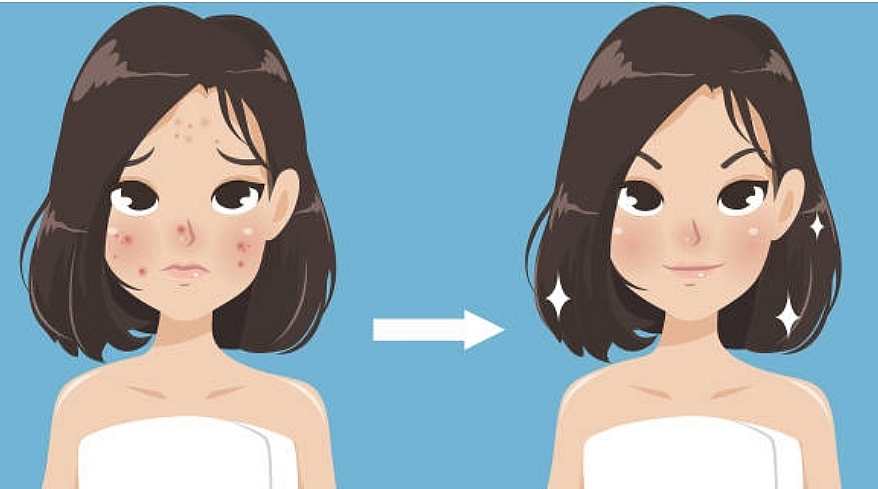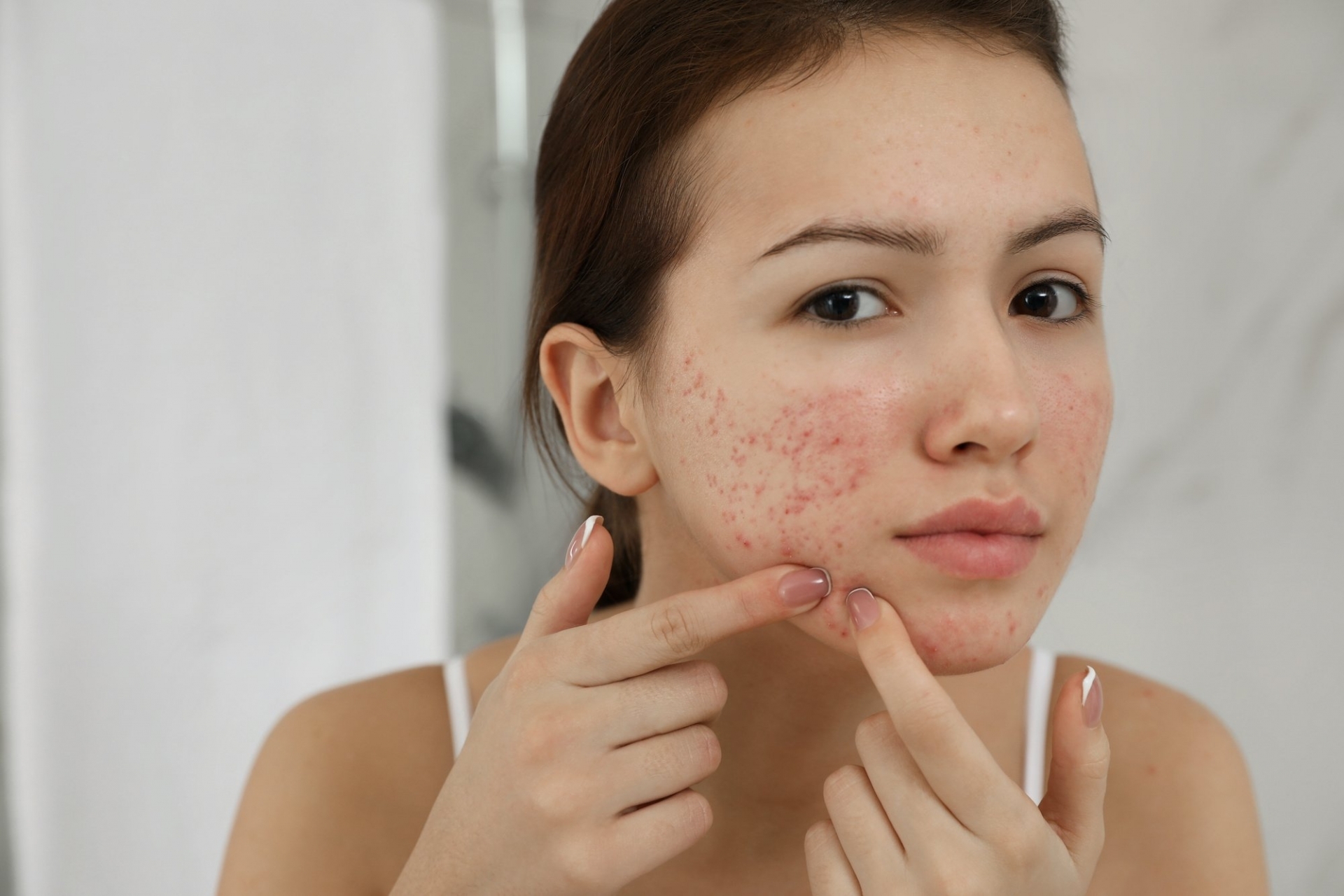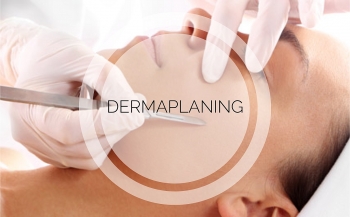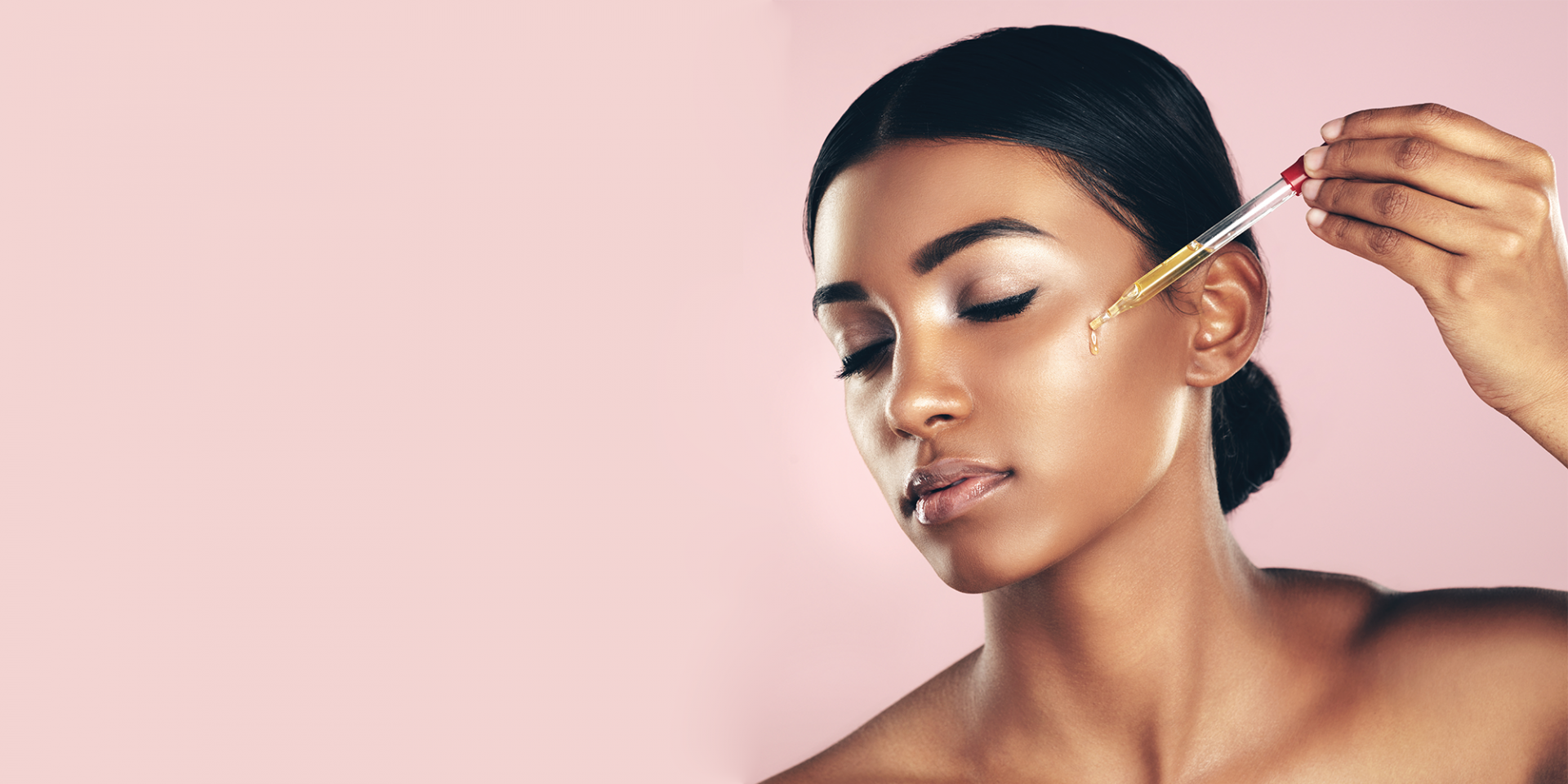Best Tips to Avoid Acne for Teenage Girls
 |
| Best Tips to Avoid Acne for Teenage Girls |
What causes acne during puberty?
During puberty, the skin begins to secrete more oil and sebum due to hormonal changes, with boys producing more oil than girls due to higher androgen levels in men.
When the amount of oil is more and you do not know how to clean and care for your skin, then acne will form. Acne can appear on the face, back or chest with many different forms such as blackheads, whiteheads, nodules, cystic acne.
Acne is caused by the hair follicles containing the sebaceous glands. Normally, this sebaceous gland will secrete a sufficient amount to lubricate the skin and hair, but when entering puberty, hormones will stimulate more oil and sebum, dead cells from the stratum corneum will This causes the pores to become clogged, causing the pores to become inflamed, swollen, and red.
If the pore is blocked, closed, and red, swollen and bulging out, it is called a whitehead.
If the pore is blocked but remains open, the surface becomes dark, then a blackhead will form.
If the pore is open, there is sebum, dead cells, bacteria get under, bacteria grow, causing red bumps and acne formation.
- Pores are inflamed for a long time, acne is hidden under the skin, causing rough, rough skin.
Daily skin care for puberty
 |
| Daily skin care for puberty |
Proper cleaning and skin care during puberty will help you have a healthy skin, reduce the risk of acne.
When you have acne, you need to properly understand your acne condition to have appropriate skin care knowledge to avoid aggravating acne.
Here are some suggestions to help children take care of their skin properly and enough:
- Clean skin: Wash your face twice a day with warm water with a cleanser suitable for your skin. Gently massage in a circular motion, avoid scrubbing, scrubbing too hard, causing cuticle damage and irritation. Do not wash your face more than 3 times a day, washing your face too much will make the skin dry and painful.
Use sunscreen every day to protect your skin from the sun.
- For those of you who use sunscreen or makeup, you need to remove makeup before going to bed, choose an oil-free makeup remover to reduce clogging. Exfoliating helps to remove excess oil and dead skin cells from the surface of the skin.
- Exfoliate 2 to 3 times a week with chemical or physical exfoliants to reduce keratosis and prevent clogged pores.
- Rebalance skin pH and moisture with toner and moisturizer suitable for your skin type.
- Wash your hair and keep it clean, wash your face after exercising because sweat is the cause of clogging pores and making acne-prone skin heavier.
- Use suitable cosmetic products, you can consult a dermatologist for advice on choosing the right products for your skin type.
- When using hairspray or styling gel, keep it away from the face, some ingredients in hair products will make acne worse, or cause irritation.
- If the back and chest area has acne, it is necessary to limit wearing tight and tight clothes because it is easy to rub and cause irritation.
- Do not touch your face with your hands.
- Do not arbitrarily pop acne.
- Build a suitable diet, do not eat foods that cause acne breakouts such as greasy foods, fried paste, coffee, alcohol and stimulants. Increase the intake of green vegetables and fruits to supplement vitamins.
- Follow a moderate living regimen, go to bed early, limit stress.
If the skin condition appears acne, and worsens, contact your doctor for advice and provide appropriate skin care treatments for your current skin condition.
 How To Remove Acne Scars: Simple Natural & Medical Treatments How To Remove Acne Scars: Simple Natural & Medical Treatments There are several tips to get rid of acne scars that you can do at home rignt now. |
 How to Safely Dermaplane At Home for A Younger-Looking Skin How to Safely Dermaplane At Home for A Younger-Looking Skin Dermaplane has become THE HOTTEST SKINCARE TREND when this super effective exfoliating treatment can bring us bright and luminous skin. However, do it yourself at ... |
 12 Fascinating Facts About the Skin 12 Fascinating Facts About the Skin Your skin is your largest organ and plays a vital role in detecting hot and cold, regulating your body temperature and protecting your muscles, bones ... |























